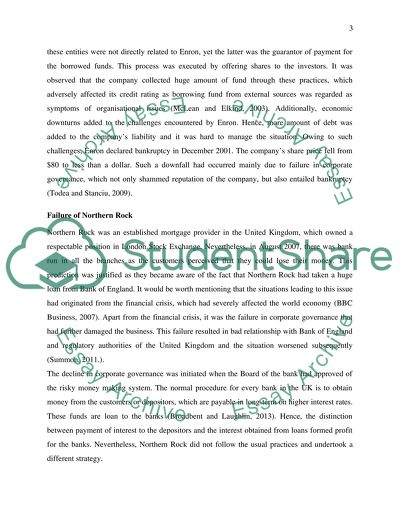Cite this document
(“REGULATION, COMPLIANCE AND GOVERNANCE Essay Example | Topics and Well Written Essays - 2000 words - 1”, n.d.)
REGULATION, COMPLIANCE AND GOVERNANCE Essay Example | Topics and Well Written Essays - 2000 words - 1. Retrieved from https://studentshare.org/macro-microeconomics/1653601-regulation-compliance-and-governance
REGULATION, COMPLIANCE AND GOVERNANCE Essay Example | Topics and Well Written Essays - 2000 words - 1. Retrieved from https://studentshare.org/macro-microeconomics/1653601-regulation-compliance-and-governance
(REGULATION, COMPLIANCE AND GOVERNANCE Essay Example | Topics and Well Written Essays - 2000 Words - 1)
REGULATION, COMPLIANCE AND GOVERNANCE Essay Example | Topics and Well Written Essays - 2000 Words - 1. https://studentshare.org/macro-microeconomics/1653601-regulation-compliance-and-governance.
REGULATION, COMPLIANCE AND GOVERNANCE Essay Example | Topics and Well Written Essays - 2000 Words - 1. https://studentshare.org/macro-microeconomics/1653601-regulation-compliance-and-governance.
“REGULATION, COMPLIANCE AND GOVERNANCE Essay Example | Topics and Well Written Essays - 2000 Words - 1”, n.d. https://studentshare.org/macro-microeconomics/1653601-regulation-compliance-and-governance.


